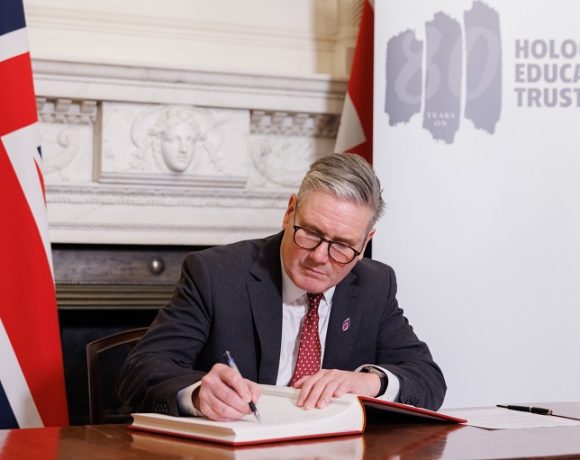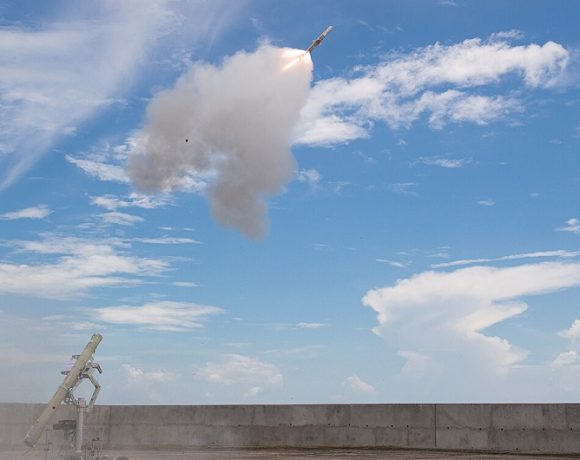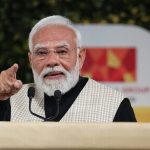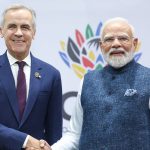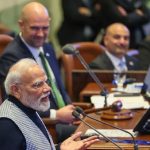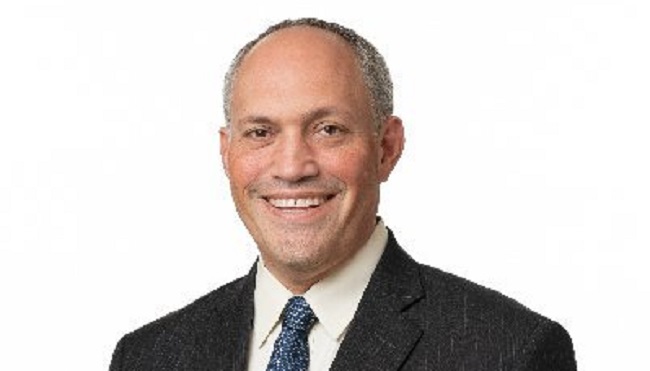
India “Is Not a Football”: Ex-Pentagon Official Slams Trudeau, Backs Carney’s Outreach
Former Pentagon official and senior fellow at the American Enterprise Institute, Michael Rubin, has strongly criticised Canada’s past handling of its relationship with India under former Prime Minister Justin Trudeau. In a recent interview, Rubin remarked that India should be treated as a strategic partner, not as a tool for domestic political games. “India is not a football which you kick around. It is an ally to be embraced,” he said, urging a reset in diplomatic priorities.
India Canada relations under scrutiny
Rubin contrasted Trudeau’s approach with the current tone set by new Canadian Prime Minister Mark Carney, calling the latter’s gestures toward New Delhi more “serious” and “constructive.” Carney’s outreach to Prime Minister Narendra Modi, including an invitation to the G7 Summit, was highlighted as a sign of renewed respect and maturity in bilateral engagement. Rubin noted that such steps reflect a more sincere diplomatic effort, in contrast to what he called Trudeau’s “theatrics.”
Criticism of Khalistan narrative
Taking direct aim at the controversies surrounding the killing of Hardeep Singh Nijjar and the resurgence of the Khalistan separatist rhetoric in Canadian politics, Rubin stated that the grievances were artificially inflated. “The grievances about Hardeep Singh Nijjar and the Khalistan movement were not real,” he said, warning that giving space to extremist narratives weakens Canada’s global credibility. He called for Canada to designate Khalistani groups as terrorist organisations and act decisively against terror financing.
Rubin warned that if Ottawa continues to use India as a pawn in political posturing, it risks alienating an important democratic partner while inadvertently drifting closer to authoritarian regimes like China. In his view, Trudeau’s reliance on identity politics and appeasement of extremist segments within the diaspora had only damaged Canada’s long-term strategic interests.
Call for reciprocal engagement
Backing Prime Minister Modi’s decision to attend the upcoming G7 Summit, Rubin remarked that it demonstrated India’s transparency and confidence. He also emphasized the need for a two-way dialogue between Canada and India on critical issues such as terror funding, illegal migration, and diaspora radicalisation.
Rubin praised Carney’s financial and governance background, suggesting that his experience makes him better equipped to foster a values-based partnership with India rather than one based on political optics. He concluded by asserting that both nations must move toward a “serious law enforcement dialogue,” grounded in mutual respect and democratic alignment.
With international dynamics increasingly shaped by democratic alliances and shared global security concerns, Rubin’s message is clear: Canada must choose principle over politics if it wants to repair and strengthen its ties with India.


